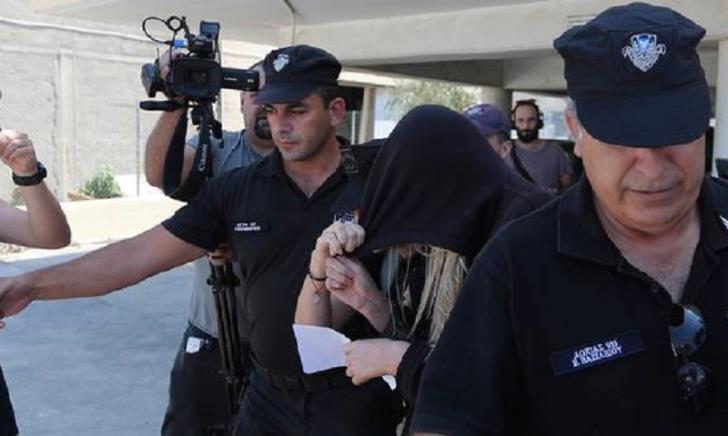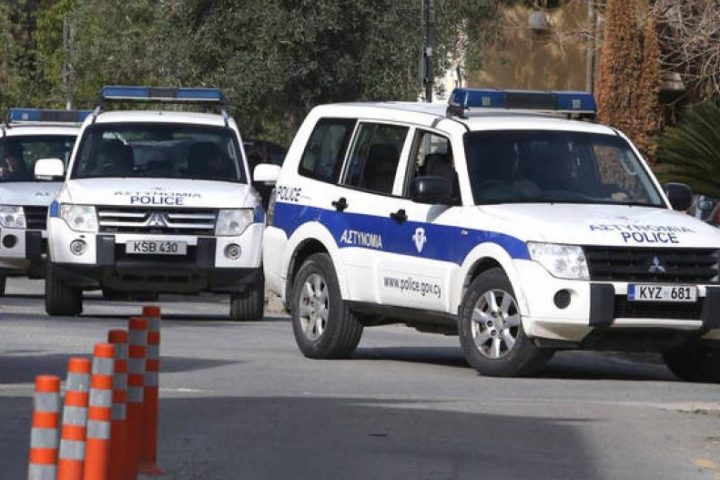Cyprus authorities could reopen the case of a young British woman who was cleared of lying about being gang-raped by 12 Israeli tourists in 2019.
The woman, now 21, saw her conviction for public mischief overturned Monday after the Supreme Court ruled that a district court judge carried out a miscarriage of justice in 2020.
The police and state Legal Services have said they are looking into whether they should reopen the Ayia Napa rape case by bringing in a new investigation team.
Phileleftheros daily quoted sources from both authorities, saying they would study how the Supreme Court’s decision changed the gang rape case.
Official sources told Phileleftheros that authorities believe that reopening the case is a long shot as the suspects live outside the country.
Police spokesman Christos Andreou said there would be a review to see if mistakes were made during the investigation.
The Supreme Court that the young woman, then 19, was just put through a trial process that was “manifestly unfair”.
It said the first instance court did not consider ‘special circumstances’.
“A 19-year-old was summoned to the police station in the afternoon for additional testimony as a complainant, only to be questioned as a suspect six hours later, that is after midnight.
“She appears to have made a voluntary statement at 01:15 without the presence of a lawyer,” the court said.
As the court’s ruling said, while at 00:30, according to the prosecutor, she had not been cooperating and aggressive, yet some 40 minutes later, she had admitted to making “a big mistake”.
The Supreme Court also found that:
- That the ‘retraction statement’ should have been excluded because it was taken under coercion in that unquestionably the young woman was questioned by the officer without having the advice of a lawyer as to her rights; the prosecution could not prove that she waived her right to a lawyer; and that Cypriot law, which only provides for the right to access a lawyer after arrest, is incompatible with European Directive 2013/48 which provides that suspects or accused persons shall have access to a lawyer before they are questioned by the police (Article 3);
- Authorities attempted to prove that the complaint was false without considering other parameters, such as the doctor’s testimony who first examined the 19-year-old.
- The defence was not allowed to question whether the British woman had willingly testified. Thus, the conviction is considered precarious. However, the fact that the appellant was considered unreliable does not change anything.
- The trial court failed to properly assess the credibility of the defence expert witness Dr Andrea Nini, a forensic linguist from the University of Manchester and assumed the credibility of the prosecution witnesses.
- Based on the evidence in front of the trial Judge, there was reasonable doubt as to whether the defendant had lied and the possibility that, in fact, the rape had been committed could not be dismissed.
- The trial judge had misinterpreted the evidence regarding the timing of the alleged rape, the DNA evidence, the evidence of the Ayia Napa doctor who saw the defendant in a shocked state after the alleged rape took place, and evidence from her friends on her state at the time she reported the rape.
Public inquiry
In a statement issued on Wednesday by Justice Abroad, Lawyer Michael Polak who coordinated the appeal against the teenager’s conviction, said: “The Supreme Court has methodologically considered the entirety of the trial proceedings and set out numerous serious procedural and substantive failures”.
Polak called for an inquiry into how the authorities got it so wrong.
“The Supreme Court’s judgment is a strong stance as to the numerous failings requires an inquiry as to how the police and trial court managed to get things so wrong.
“We hope that the Cypriot authorities will also take the initiative and transfer the matter to a different Police force for a proper investigation to take place, which is their legal duty.”
Chair of the ruling party DISY’s Legal Council, Christos Triantafyllides called on the state legal services and police to study the court’s decision and take the necessary action, “should they find it necessary”.










